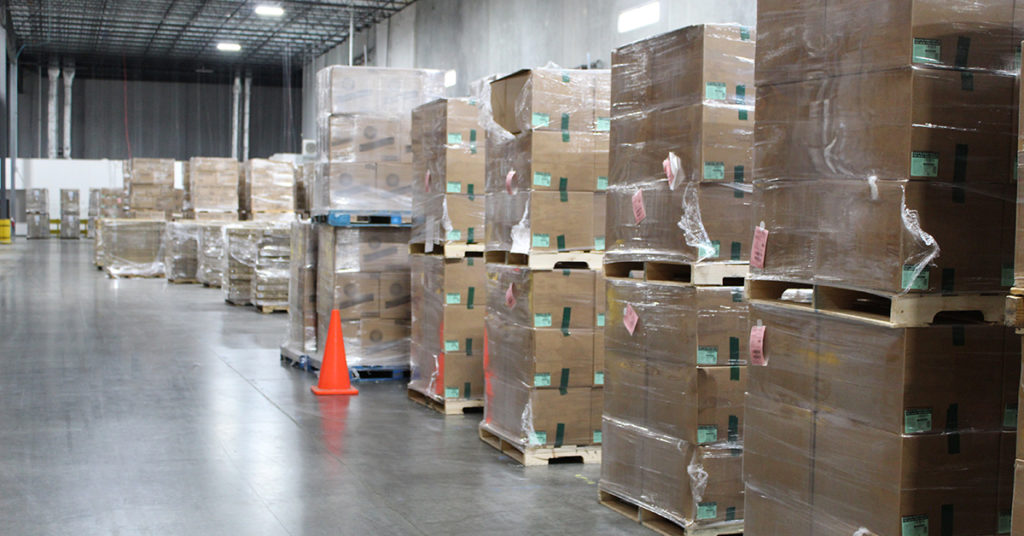Supply shortages have been a consistent economic headwind as the world emerges from the COVID-19 pandemic. The now looming recession and its preceding impact on inflation has swung the pendulum to the other extreme for many retail suppliers who rely on retailers for their revenue. Major retailers are now canceling orders, leaving excess inventory in the warehouses of suppliers.
Changes in Consumer Spending Leaves Retailers with Excess Inventory
With United States inflation at 8% in May 2022, led by economic necessities such as gasoline (50% YoY) and food (10.1% YoY), households have less discretionary spending for consumer and luxury goods. This, in turn, has caused big box retailers, like Target and Wal-Mart, to cancel orders with suppliers due to decreased demand and internal capacity constraints. On hand inventory levels for many retail suppliers is being exasperated by optimistic 2022 forecasts after United States consumer spending bounced back in 2021, with sharp increases in Q2 and Q3. With the spike in 2021, retailers sought to increase inventory levels to avoid inventory shortages caused by the global supply chain issues in 2020 and 2021. In Q1 of 2022, private inventory levels saw a $189B increase (Bloomberg News).
Retailers are Mitigating Risk by Canceling Orders with Vendors
Retailers canceling orders with their vendors on the cusp of the expected economic downturn is not without precedence. In 2008, consumer spending saw a similar shift away from non-necessity and luxury goods as mortgage payments and gasoline prices were on the rise. To better prepare themselves this time around, retailers have canceled thousands of purchase orders to mitigate the risk and have even gone as far as no longer accepting in-store returns. So, what are the cost-effective options for retail suppliers left holding inventory?
How Can Suppliers Offset Lost Revenue from Canceled Orders?
Fortunately, the growth in eCommerce volumes has created many alternatives for retail suppliers. In 2022, eCommerce is expected to account for 22% of global retail sales, a significant increase from 14% in 2019 and 3.3% in 2008. Online platforms, like Shopify and Magento, and marketplaces, like Walmart and Amazon, have made it significantly easier and more cost efficient for retail suppliers to shift their sales channels. Additionally, drop shipping programs have grown in popularity with major retailers, a service that allows products to be sold on their website but outsourcing labor and storage. Allocating more time to sales and marketing is vital to the success of these sales alternatives. To combat this, utilizing a 3PL partner, that has the experience to assist in the fulfillment of these online and retail orders, will be critical for retail suppliers who have previously not had to store and manage the distribution and fulfillment of their products.
Store Excess Inventory with Beyond Warehousing
Beyond Warehousing is a full-service 3PL warehousing provider that has the experience and ability to assist retail suppliers stuck with excess inventory. Acting as an extension of your business, our team can handle day-to-day operations with a focus on operational excellence and flexibility. Beyond Warehousing just opened a 330,000 square feet warehouse with a total of 29,000 pallet positions in Kansas City, Missouri. Beyond Warehousing can manage warehousing operations for any size business, whether it relies on a B2B or a B2C business model. With our team managing logistics for your business, you have access to a wide network of supply chain solutions and more time to focus on your core business. For more information about the services that Beyond Warehousing provides, email info@beyondwarehousing.com or contact us through our website.



